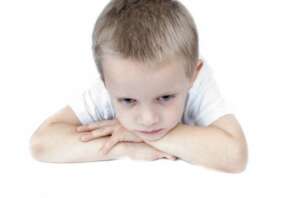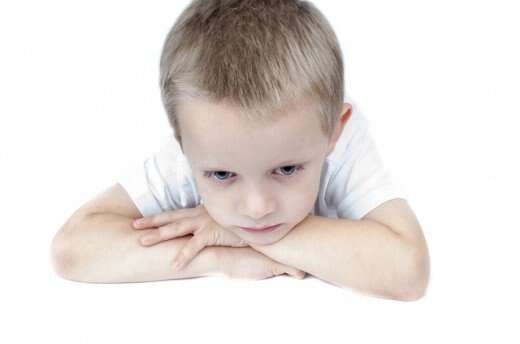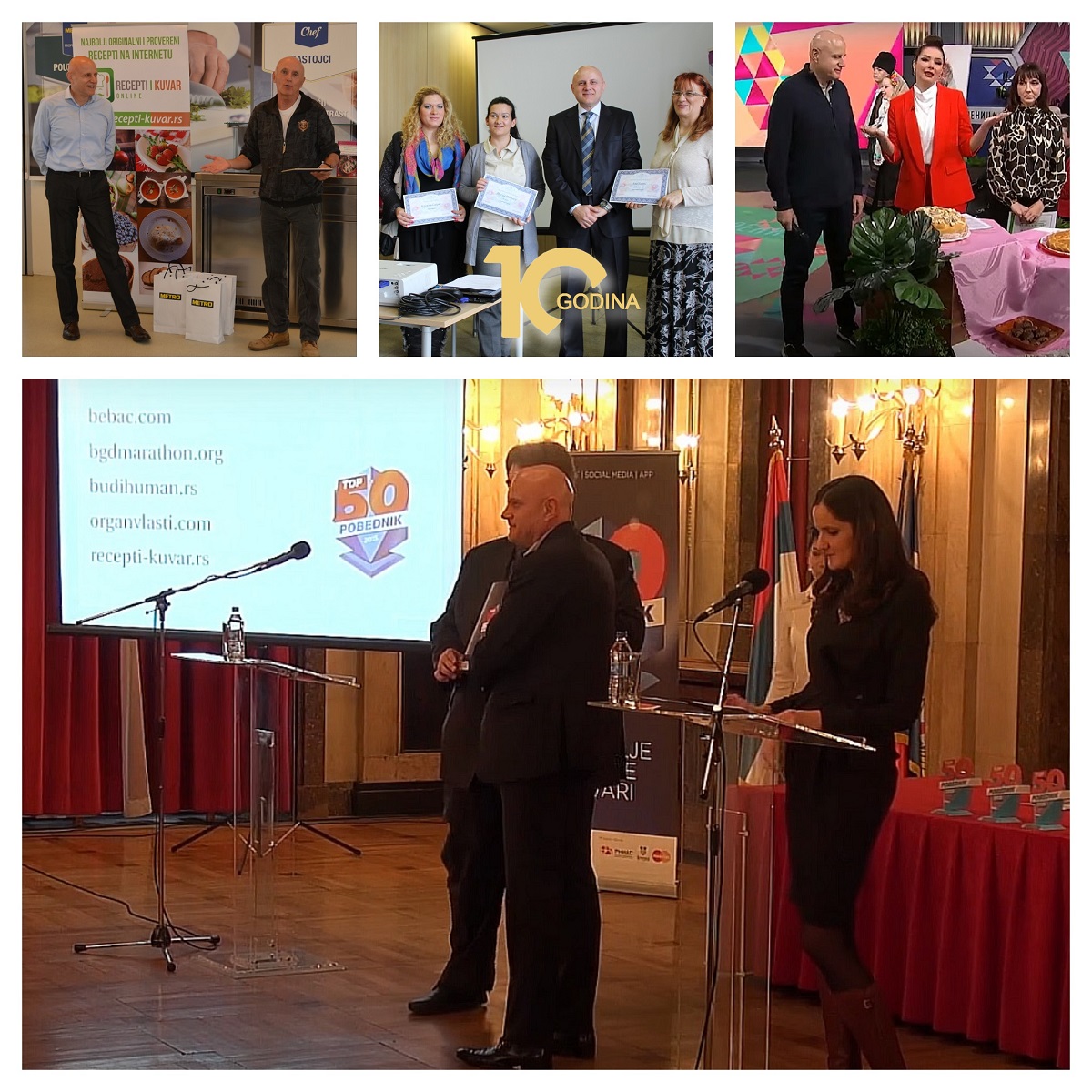You can't wait for your annual vacation, you've carefully chosen your destination and planned all the details. All you have to do is enjoy the next ten days. But, for some reason, your little one does not think so, nor does he allow you to do so with his behavior...
Your three-year-old child, who normally behaves perfectly well, has a coordinated rhythm of sleeping and feeding, already walks a lot, knows how to play with other children, he completely changed on vacation. He is frail, and he won't take an afternoon nap, he won't be with other kids on the beach, he might even push and hit them, he bangs his head against the wall in his room and cries... What happened when he became so rude, you ask? The good news is that children who behave like this are not rude and parents should not view them as such. Because what child can really become "cheeky" overnight, and why would they?
On the other hand, this behavior of the child and how it affects the parents, because the idea of rest and enjoyment is slowly lost in the fog. A limited number of vacation days and an excessive desire to really make it the way they imagined, make these situations with the child seem even more drastic, which slowly but surely puts them under stress. The greater the tension, the smaller the space for the child's understanding, and the ways to solve it are reduced to scolding and criticism. It is clear that at this moment the dream of an ideal holiday flew away like a butterfly in the wind...
Can this scenario be prevented?
It is useful to think about such situations at least a few weeks in advance, because the example shows that when we are "involved" directly in an unwanted event, the options for a constructive solution are reduced. Therefore, before going on vacation, parents should be familiar with the developmental stage of their child, what he can do at that age, what are his mental capacities and motor skills. Often, because they are too happy to go to the sea with their child, the parents want to show him everything, take him everywhere, give him everything to try, buy him everything for the beach - from buckets, balls, tires, muscles, swimming pools ... And that is wonderful and fun for the parent, but unnecessary for the child...
Young children learn by observing and through personal experience that they receive through their senses. However, the space for receiving and processing information is very narrow for them, and when there is too much stimulation, they become too excited, agitated, and the emotions they feel are too intense for them. The child literally feels these emotions in the body and has to express them somehow, "get them out" because their brain does not have the capacity to process them all. And then "inappropriate" behavior follows - screaming, pushing, grabbing, hitting the head on the sand or the wall, and the like.
This does not mean that the child suddenly became rude, but that his senses are overstimulated. Giving a child countless colorful toys at the same time (sense of sight), splashing him with water (sense of touch), calling him every hour (sense of hearing) to show him something (sense of sight again) or to give him ice cream (sense of taste) is like sensory "bombardment". Each of these stimulations causes some emotion in the child and at one point it is all too much and he reacts in the way that is only possible at his age - by behavior. For him, it means that it sent the message STOP, but the parents wonder why the anger or anger now, when they gave him everything! And then they proceed to give him something else that they assume will "soothe" him. A paradox. The more they try to calm him down, the more agitated he will be, and so on in a circle.

In order to avoid this situation, the first step, in addition to understanding children's emotions and behavior, is to follow the 1:1 rule, that is, one thing at a time. What does that mean practically? If a child eats ice cream, then he should only do that. There is no need to tell him something (unless he asks) or show him. His sense of taste meets a new challenge – the coldness of the ice cream, the sweetness, and that's enough to occupy his brain. If he is in the pool or the sea, then he just needs to enjoy it - the contact of the water with his skin, if he is playing in the sand, there is no need to call him into the water, etc.
This should already put things in place, to "calm down" the child. Of course, with a note that the parents have checked the basic physiological needs that the child could also be worried about - hunger, thirst, heat, tiredness, the need for the toilet...
And so, the next time the child behaves "strangely", differently than usual, try to reduce his activities to a minimum and monitor what and to what extent he likes it. It's much easier for both you and him than to unjustifiably "accuse" him of being naughty. Because it's not!
Dragana Aleksić, family consultant
Source: zelenaučonica.com
Read more:
The Recipes and Kuvar online portal is ranked among the TOP 50 websites in Serbia!
If you are interested in all of ours recipes, click the link: RECIPES. Collections of the best recipes of our associates can be found in the cook section, if you want to read more, click on the link: COOK. If you want to see our front page, click on the link: RECIPES AND COOK ONLINE homepage.
Don't miss a recipe - Recipes and cookbook online on Facebook. Stay tuned, follow the Recipes and Cookbook twitter notifications!








